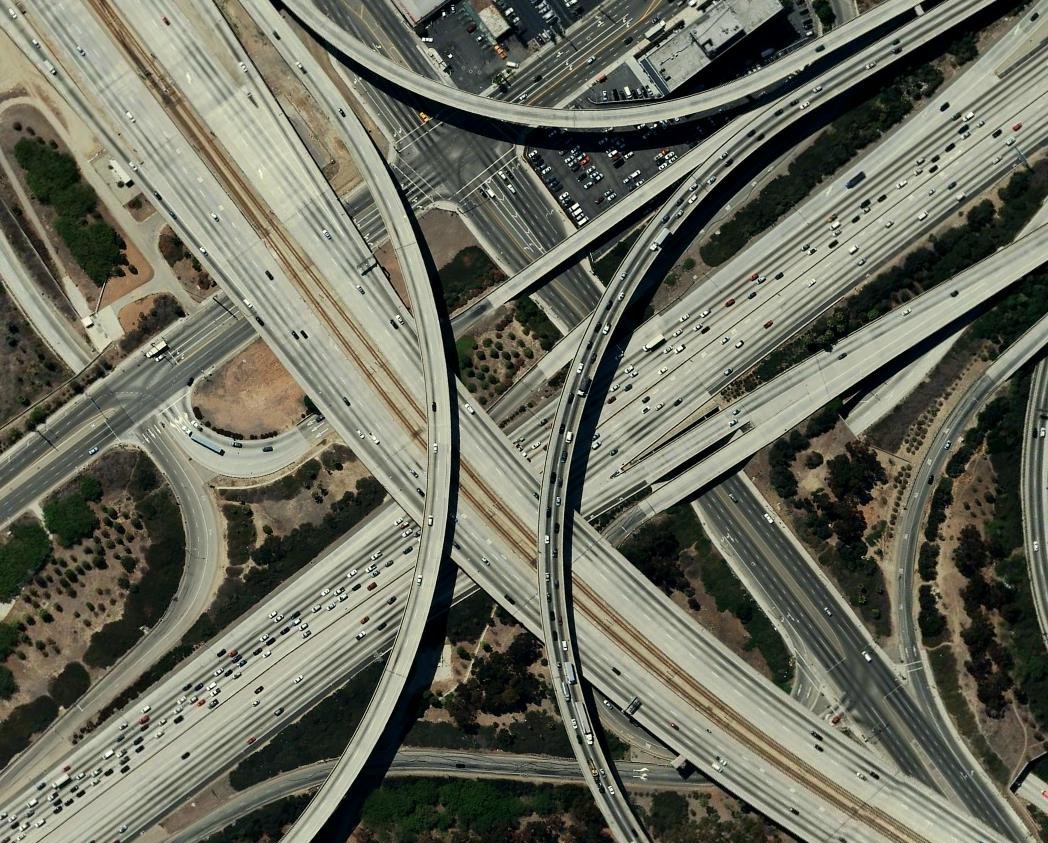Los Canarios & The Plane Crash In Madrid
Agrupación Folclórica San Cristóbal
of Las Palmas de Gran Canaria
As a young man, I lived for four years in Spain, two in the Canary Islands.
I lived, loved, laughed, cried, grew, sang, learned on Gran Canaria.
For most Europeans, Gran Canaria is just holiday spot.
For me, it is the place whence I met one of my dearest life-long friends. An island that accepted me as I was, warts and all.
And, although I haven't been back in many years, I still attempt to keep abreast of the happenings on those seven islands off the coast of northwest Africa that belong to Spain, las Islas Canarias.
A friend of mine wrote a thesis on the Canaries as the prototype for the Conquest of the New World.
There is truth to that argument, but what I took away from the Canaries is that it serves as a bridge between Europe and the Americas, between penninsular Spain and the legacy of Spain in the Western Hemisphere.
The tragic plane crash in Madrid, in which more than half of the passengers lived on Gran Canaria, made me shudder. The notion of whole families being wiped out is beyond my grasp.
As a frequent flyer, I realize how tenuous that fine line is between life and death, between survival and destruction, between what is in one's in control and what is truly out of one's control.
Like so many others, I weep.
The paso doble Islas Canarias has a beautiful line at its end, when the main singer says:
El mundo tiene una Europa,
Europa tiene una España,
España tiene un jardín,
Que son ¡las islas Canarias!











